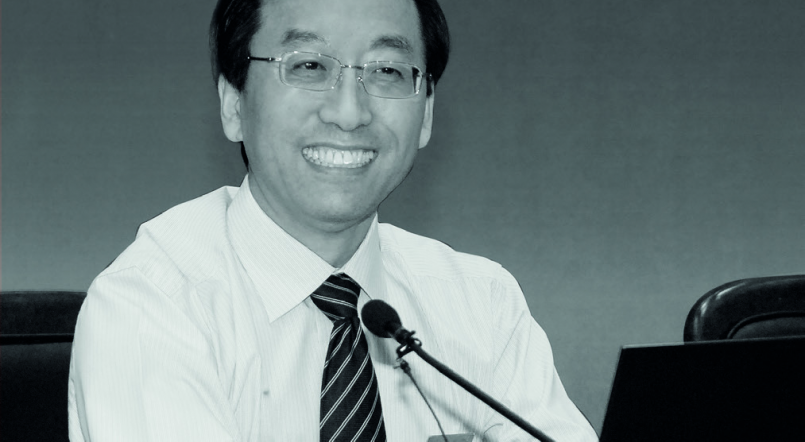Shanghai Jiao Tong University has a 117-year history, what are your aspirations for the institution?
Zhang Jie: Over the last four decades, economic reforms have resulted in China’s rapid rise. However, the nation needs to increase its innovative capacity or will risk remaining a productivity laggard. Universities are formed as a demand of society, and Chinese institutions should take responsibility and become the country’s innovation engine.
In the interests of China’s sustainable development, I hope that Shanghai Jiao Tong University’s (SJTU) innovative capacity will excel. And, by 2020, I hope SJTU will be recognised as a world-class university.
What is SJTU doing differently to develop innovation?
When I worked at the Chinese Academy of Sciences, I realised that research in China was not done for the pursuit of science. When I became President at SJTU, this was something I changed. First, I stopped monetary incentives for publishing papers (at that time, SJTU was the first to do this). Additionally, we established a special fund to support curiosity-driven research. Despite some of the ideas presented being somewhat ‘crazy’, we implemented a thorough assessment process and supported research papers that were deemed important.
Second, SJTU changed the internal evaluation of faculty members from annually to every five years, in a bid to encourage quality over quantity. With the new system, we asked professors to show their three best pieces of work – irrespective of whether they were published. At first, the number of publications plateaued, but we saw an increase again after three or four years, and the proportion of good papers grew significantly.
You once said that university is not just a place to transfer knowledge, but a place to develop personalities. How is SJTU nurturing its students?
China’s single-child generation is clever, and more active than previous generations. But, in general, they are less responsible and display less gratitude. SJTU wants to change this attitude.
We introduced a six-week extracurricular programme, where many of our students travelled to the China’s rural areas. Students would do tasks, such as caring for the elderly, in order to gain a greater understanding of China’s less privileged.
I asked one of our students whether they viewed the trip as a burden or a blessing – they replied the latter, as the student realised that everyone has a service to do in Chinese society and that the rewards of participating in such activities are highly satisfying. Parents also wrote to me saying they saw a positive change in their children.
I believe universities can teach the single-child generation to respect those less-privileged, take responsibility and show gratitude to society at large.
This article was first published in HQ Asia (Print) Issue 06 (2013)


